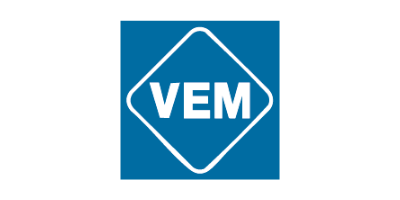Industrial Automation using Sensor Technologies
Sensor Technologies have become the backbone of modern industrial automation. They enable factories to monitor processes with high accuracy, collect real-time data, and transform it into actionable insights. With the rise of Industry 4.0, sensors are indispensable for achieving efficiency, productivity, and quality in various industrial sectors.
What are Sensor Technologies?
Sensor Technologies refer to devices and systems that capture physical parameters such as temperature, pressure, motion, and humidity, converting them into digital signals that can be processed by control systems.
Examples of common sensors include:
- Temperature Sensors: Monitor heating and cooling operations.
- Pressure Sensors: Manage hydraulic and pneumatic systems.
- Motion Sensors: Track robots and production lines.
- Proximity Sensors: Detect object positions with precision.
- Vibration Sensors: Predict equipment failures.
The Role of Sensors in Industrial Automation
- Real-Time Monitoring: Access accurate data from production lines.
- Efficiency Improvement: Enhance machine performance and reduce energy consumption.
- Quality Assurance: Early detection of product defects.
- Safety Enhancement: Monitor operational conditions to prevent accidents.
Real-World Applications of Sensor Technologies
- Food Industry: Control temperature and humidity to maintain product quality.
- Oil & Gas: Monitor pressure and flow in pipelines.
- Healthcare Sector: Advanced sensors for critical medical equipment.
- Smart Factories: Integrating sensors with IoT for predictive analytics.
Challenges of Using Sensor Technologies
- High Initial Costs of installing smart sensors.
- Maintenance Requirements to ensure accuracy.
- Cybersecurity Risks associated with data protection.
- Integration Issues with legacy systems.
The Future of Sensor Technologies in Industry
With advancements in AI and cloud computing, Sensor Technologies are evolving into smarter solutions. Future sensors will predict failures, provide detailed analytics, and interact autonomously with control systems, paving the way for next-generation smart factories.
Conclusion
Industrial Automation using Sensor Technologies is a significant step toward achieving efficiency, quality, and sustainability. Far beyond simple tools, sensors form an integrated system that empowers industries to innovate and adapt to future challenges.










